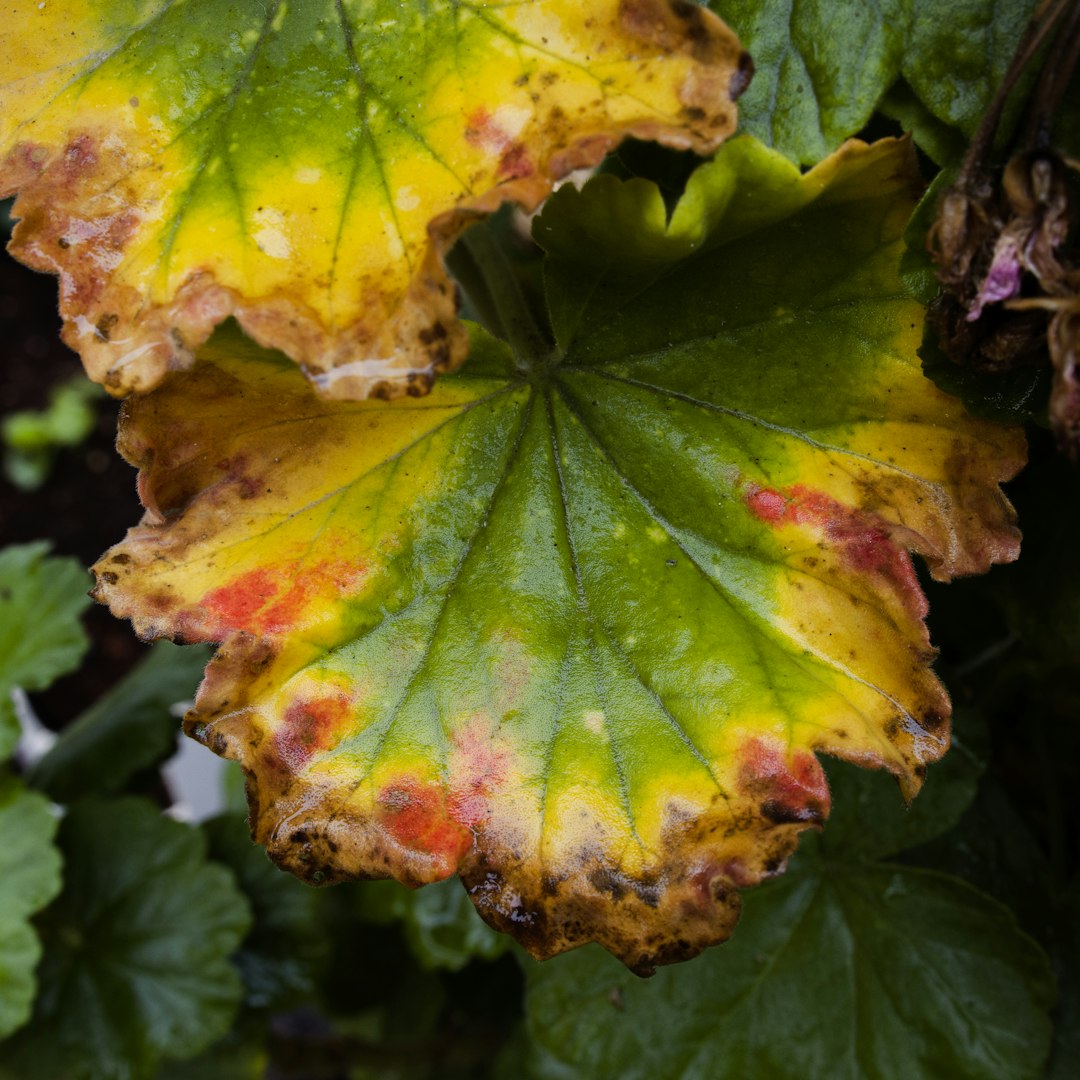Secrets to a Thriving Raised - Bed Garden

Raised bed gardening has become a popular choice for many gardening enthusiasts. It offers numerous benefits, such as better drainage, easier weed control, and the ability to customize the soil. However, like any gardening method, there are common mistakes that can hinder the health and productivity of your plants. Here are 10 common raised - bed gardening mistakes to avoid for healthier plants.
1. Ignoring Pest Problems
Pests are a constant threat to any garden. In raised beds, it's crucial to be vigilant. Aphids, slugs, and snails can quickly damage your plants. Instead of waiting for a full - blown infestation, regularly inspect your plants. You can use natural pest control methods, such as introducing beneficial insects like ladybugs or using neem oil. Ignoring these pests can lead to stunted growth and even the death of your plants.
2. Overcrowding Plants
It's easy to get carried away and plant too many seedlings in a small space. Overcrowded plants compete for nutrients, water, and sunlight. This can result in weak, spindly plants that are more susceptible to diseases. Make sure to follow the recommended spacing guidelines for each type of plant. For example, tomatoes need more space than lettuce. By giving your plants enough room to grow, you'll promote better air circulation and healthier growth.
3. Poor Soil Preparation
The foundation of a healthy raised - bed garden is good soil. Many beginners make the mistake of using poor - quality soil or not amending it properly. A good raised - bed soil should be a mix of compost, topsoil, and peat moss. Compost adds essential nutrients, while topsoil provides a stable base. Peat moss helps with water retention. Without proper soil preparation, your plants may not receive the nutrients they need to thrive.
4. Incorrect Watering
Both over - watering and under - watering can be detrimental to your plants. Over - watering can lead to root rot, as the roots are constantly submerged in water. Under - watering, on the other hand, can cause the plants to wilt and eventually die. The key is to water deeply but infrequently. Check the soil moisture regularly by sticking your finger about an inch into the soil. If it's dry, it's time to water.
5. Not Rotating Crops
Crop rotation is an important practice in gardening. Planting the same type of crop in the same spot year after year can deplete the soil of specific nutrients and increase the risk of diseases. For example, if you plant tomatoes in the same bed every year, the soil may become deficient in certain minerals that tomatoes need. Rotate your crops annually to keep the soil healthy and reduce the likelihood of pest and disease problems.
6. Neglecting Weed Control
Weeds can quickly take over a raised bed if not properly managed. They compete with your plants for nutrients, water, and sunlight. Regularly pull weeds by hand or use a hoe to keep them in check. You can also use mulch to suppress weed growth. A layer of organic mulch, such as straw or wood chips, can prevent weeds from germinating and also help retain soil moisture.
7. Using the Wrong Fertilizer
Using the wrong type of fertilizer or applying it at the wrong time can harm your plants. Different plants have different nutrient requirements. For example, leafy greens need more nitrogen, while fruiting plants like tomatoes need more phosphorus and potassium. Read the fertilizer labels carefully and apply the appropriate fertilizer at the right stage of your plant's growth.
8. Not Pruning Properly
Pruning is an important part of plant care. It helps shape the plant, remove dead or diseased branches, and promote better air circulation. However, improper pruning can damage the plant. Make sure to use sharp, clean pruning shears and know where to make the cuts. For example, when pruning tomatoes, remove the suckers to direct the plant's energy towards fruit production.
9. Planting at the Wrong Time
Each plant has an ideal planting time. Planting too early or too late can result in poor growth. Consult a local gardening calendar to determine the best time to plant your crops. For example, cool - season crops like lettuce and spinach should be planted in the early spring or fall, while warm - season crops like peppers and cucumbers should be planted after the last frost.
10. Lack of Sunlight
Most plants need a certain amount of sunlight to grow properly. Make sure your raised bed is located in a spot that receives at least 6 - 8 hours of sunlight per day. If your garden is in a shady area, choose plants that are tolerant of low light conditions, such as ferns or hostas. Lack of sunlight can cause your plants to become leggy and produce fewer flowers or fruits.
By avoiding these common raised - bed gardening mistakes, you can ensure that your plants are healthy and productive. Remember, gardening is a learning process, and it's okay to make mistakes. The important thing is to learn from them and keep improving your gardening skills.